|
|
|
|
Nau mai, haere mai – welcome to your latest newsletter.
When Whaikaha, the ministry for people living with disabilities, announced it would remove funding, with immediate effect, for a range of support services such as respite care and access to equipment, it caused an uproar – not just within the disabled community.
The debates that followed revealed many broader issues people with disabilities still have to put up with, including what Sally Britnell, a lecturer in nursing who is gradually losing her vision and hearing, describes as a lingering “undercurrent of discrimination and exclusion”.
As Britnell writes, becoming progressively deafblind while working in the health sector has given her a unique perspective on the lack of accessibility to digital health tools.
Despite a recent digital health summit which called on New Zealand to adopt a national strategy, her experience is that accessibility remains an afterthought in software development, leading to digital apps that don’t consider people’s needs.
Britnell argues that despite advances in understanding and awareness, discrimination remains pervasive and echoes attitudes rooted in a medical model of health which historically saw disability as a deficiency.
As always, you’ll find a lot more to read in this newsletter and on our homepage, including a fascinating tale about Dune and the century-long history of epic fantasies that redefined cinema.
All the best for the long weekend ahead, until next week, mā te wā.
|

|
Veronika Meduna
Science, Health + Environment New Zealand Editor
|
|

Sally Britnell, Auckland University of Technology
New Zealand has no legislation, nor a national strategy, explicitly addressing or policing accessibility to digital health tools.
|
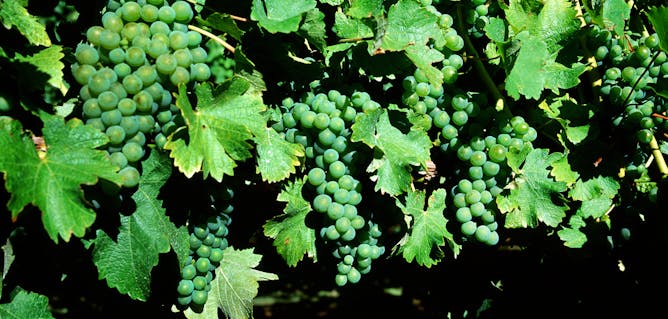
Stephen On, Lincoln University, New Zealand; Manpreet K Dhami, Manaaki Whenua - Landcare Research
Winemakers need to understand the full extent of climate change impacts on the industry, including how changes in temperature and humidity may affect the microbes that ferment grapes.
|

Alfio Leotta, Te Herenga Waka — Victoria University of Wellington
A century before the Dune films became new classics of the genre, Fritz Lang was making epic fantasies that redefined cinema.
|
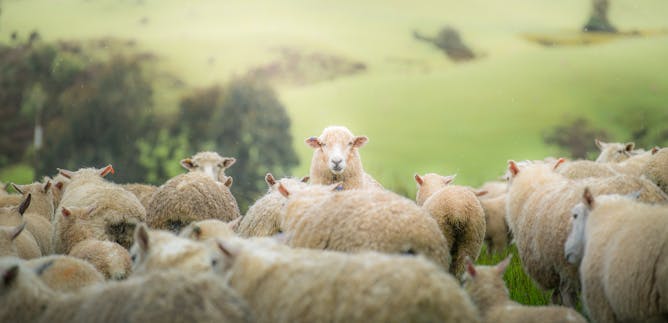
Christopher Rosin, Lincoln University, New Zealand; Hugh Campbell, University of Otago
NZ’s sheep industry could be one of the biggest losers with the rise of alternative proteins. Once profitable industries will need to be ready to pivot away from animal-based products.
|

Alison Blair, University of Otago
Steve Harley, who died last week, deserves greater recognition for his contribution to the glam-rock genre and to music in general.
|

Grant Duncan, City, University of London
With voter confidence already low, the National-led coalition will have difficulty fulfilling pre-election promises while delivering a prudent budget in May.
|

Arindam Basu, University of Canterbury
As New Zealand readies itself for AI-assisted medical treatment targeted to individuals, officials need to ensure the benefits outweigh the risks.
|

Sarah Baker, Auckland University of Technology
Current affairs TV began over 60 years ago in New Zealand. The end of the long-form format leaves local journalism greatly diminished.
|
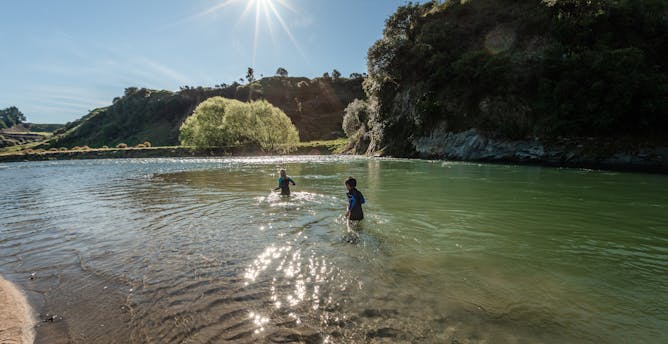
Michael Bunce, University of Otago; Simon Jarman, Curtin University
Monitoring methods based on environmental DNA are faster, more comprehensive and cheaper than traditional ecological surveys. They help fill gaps in New Zealand’s data on river health.
|
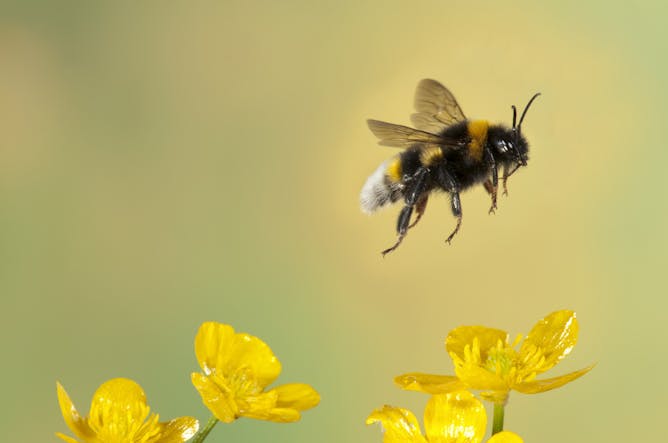
Janice Lord, University of Otago; Connal McLean, Te Papa Tongarewa
Many common insects seem to disappear during autumn and winter – but they are still around. Making your garden a good winter habitat can help these vital pollinators survive and thrive.
|
From our foreign editions
|
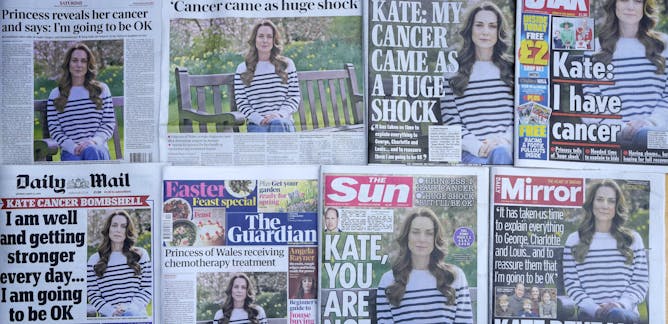
Victoria Fielding, University of Adelaide; Saira Ali, University of Adelaide
What should have been a simple announcement to a sympathetic public turned into a spider’s web of conspiracy theories across social media. How did it all go so terribly wrong?
| |

Katie Lee, The University of Queensland; Rachel Neale, QIMR Berghofer Medical Research Institute
Excessive exposure causes skin cancer, but sun exposure also has benefits. How do you balance the two?
|

Benta A. Abuya, African Population and Health Research Center
Studies show that teaching parents how to support their children can lead to improvements in literacy.
| |

Harriet Fletcher, Anglia Ruskin University
The increasing misogyny and oppression against women is reflected in this new horror, elevating it to something more than a mere nunsploitation movie.
|

Sarah Jelbert, University of Bristol; Bruce Hood, University of Bristol
We followed up students years after they took our course to find out whether they still reported better wellbeing.
| |

Douglas Yates, American Graduate School in Paris (AGS)
With the conduct of the 24 March elections, Senegal’s President Macky Sall appears to have saved his legacy.
|
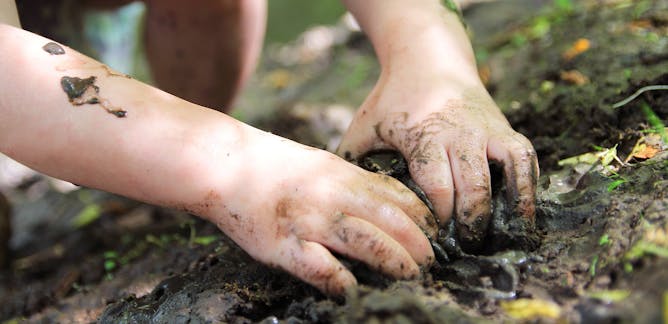
Brian Darby, University of North Dakota
Rock dust is only part of the story of soil. Living creatures, many of them too tiny to see, keep that soil healthy for growing everything from food to forests.
| |
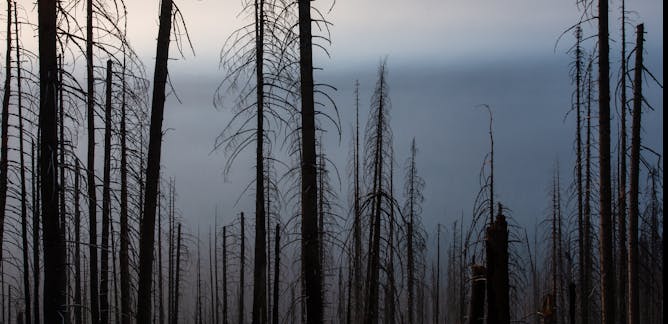
Mark Kreider, University of Montana
A new study offers a rare window into the hidden effects of aggressive fire suppression that go beyond fuel accumulation. The practice may even change the course of forest evolution.
|
|
|
| |
| |
| |

|
| |
| |
| |
| |
| |
| |
|
|
|
|
|
|
|